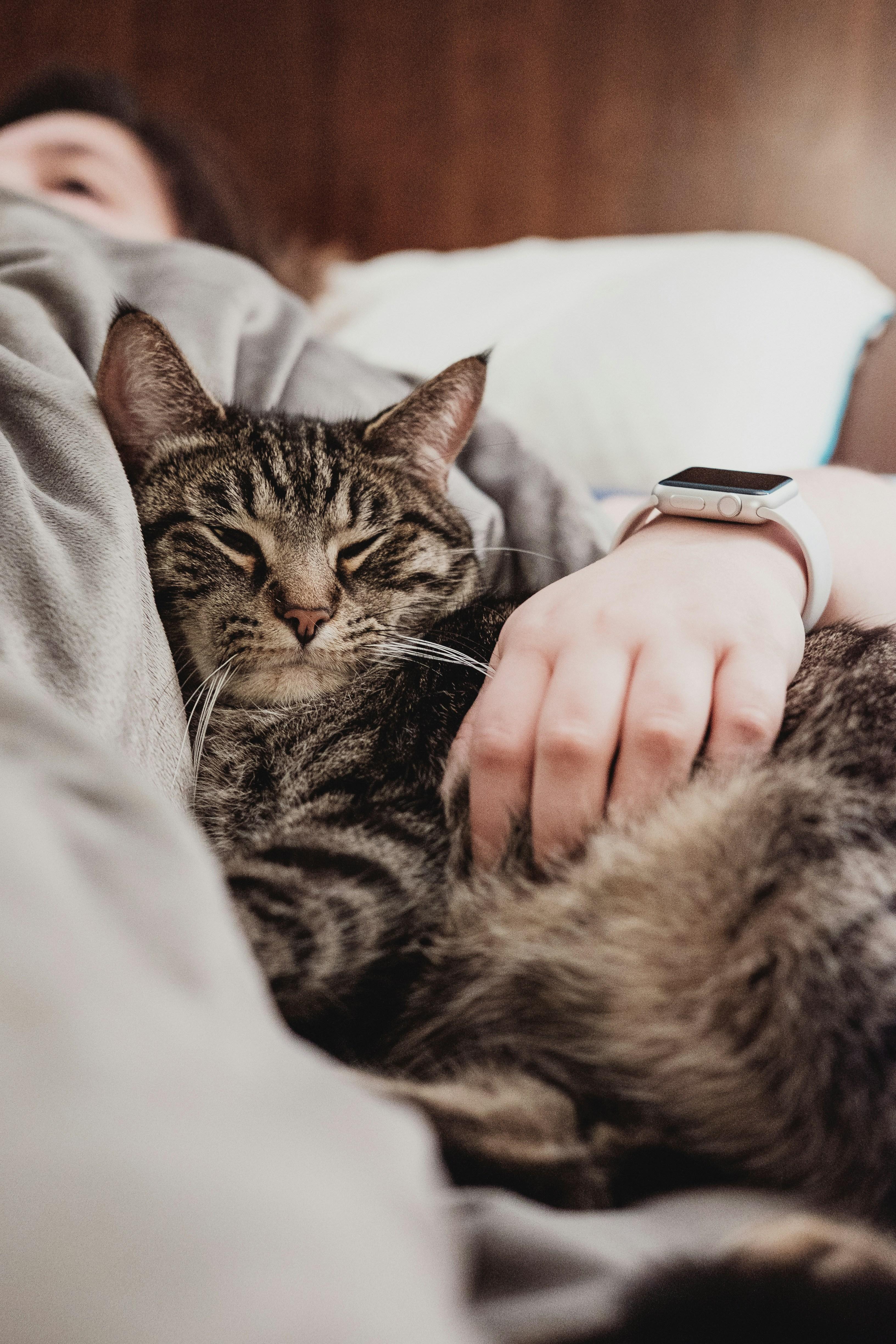Understanding the Role of Routine in Your Pet’s Mental Health

In the hustle and bustle of daily life, we often seek comfort in the familiar rhythms of routine. Whether it’s that morning cup of coffee or a nightly wind-down ritual, these patterns provide a sense of stability and predictability. But did you know that our furry companions also thrive on routine? Just like us, pets rely on a structured environment to support their mental well-being. In this article, we’ll explore the crucial role that routine plays in your pet’s mental health, uncovering how consistency in their daily activities can lead to a happier, more balanced life. Join us as we delve into the science behind these habits and offer practical tips to enhance your pet’s day-to-day experiences. Whether you’re a seasoned pet owner or new to the joys of animal companionship, understanding the importance of routine can help you foster a nurturing and supportive environment for your beloved pet.
Creating a Consistent Schedule for Your Pets Well-being
Establishing a regular schedule for your pet is essential for fostering a sense of security and stability. Pets thrive on predictability, and a well-structured routine can significantly enhance their mental well-being. Consistent schedules help to reduce anxiety, as pets can anticipate what comes next in their day, whether it’s feeding time, walks, or play sessions. This predictability can be comforting and can contribute to a more balanced and calm demeanor in your furry friends.
- Feeding: Set fixed times for meals to prevent overeating and promote healthy digestion.
- Exercise: Regular walks or playtime help burn off excess energy and keep your pet physically fit.
- Rest: Ensure your pet has a quiet and comfortable place to rest, promoting better sleep patterns.
- Training: Consistent training sessions reinforce good behavior and provide mental stimulation.
By adhering to a consistent routine, you’re not only nurturing your pet’s physical health but also supporting their emotional and mental health. A well-planned schedule acts as a foundation for a happier, more content pet, ultimately strengthening the bond between you and your beloved companion.

The Impact of Playtime and Exercise on Mental Health
Engaging your pet in regular playtime and exercise routines can significantly enhance their mental well-being. These activities do more than just keep your furry friends physically fit; they stimulate their minds, reducing anxiety and preventing behavioral issues. When pets are involved in daily activities that challenge them both mentally and physically, it leads to the release of endorphins, which are natural mood lifters. This can result in a happier, more balanced pet who is less prone to stress-induced behaviors.
- Improved Cognitive Function: Activities like puzzle toys and interactive games keep your pet’s brain sharp and engaged.
- Stress Reduction: Regular exercise helps in lowering stress hormones, making pets feel more relaxed.
- Socialization Opportunities: Playtime often involves interaction with other pets or humans, fostering better social skills.
- Enhanced Bonding: Spending quality time with your pet during play strengthens your relationship and builds trust.
Creating a consistent routine that includes play and exercise not only nurtures your pet’s mental health but also contributes to their overall happiness. By integrating these activities into their daily schedule, you provide them with a sense of security and predictability, which are essential for a well-rounded, joyful life.
How Diet and Nutrition Influence Your Pets Mood
Just like humans, our pets’ moods can be significantly impacted by what they eat. A well-balanced diet is essential not only for their physical health but also for their mental well-being. Nutrient-rich foods can help stabilize their mood and behavior, while poor nutrition can lead to irritability and lethargy. Here are a few ways diet and nutrition play a role in your pet’s mood:
- Protein and Amino Acids: Proteins are building blocks for neurotransmitters that regulate mood. Ensuring your pet gets enough protein can support a balanced mood.
- Omega-3 Fatty Acids: These are known for their anti-inflammatory properties and have been linked to reduced anxiety and depression in pets.
- Vitamins and Minerals: Essential nutrients like Vitamin B, magnesium, and zinc are crucial for brain health and can influence mood and behavior.
It’s important to maintain a consistent feeding routine, as this provides a sense of security and predictability for your pet, reducing stress and anxiety. Always consult with your veterinarian to tailor a diet plan that meets the specific needs of your pet, ensuring their mental and physical health are in harmony.

The Importance of Social Interaction and Companionship
- Enhances Emotional Well-being: Just like humans, pets thrive on companionship. Regular interaction with their human family members or other pets can help reduce stress and anxiety, promoting a sense of security and happiness. When pets feel loved and understood, they are more likely to exhibit positive behaviors and have a balanced emotional state.
- Stimulates Mental Activity: Social engagement provides mental stimulation that is crucial for maintaining your pet’s cognitive health. Through playful interactions and bonding activities, pets are challenged to think, learn, and adapt, keeping their minds sharp and engaged. Whether it’s a game of fetch, a walk in the park, or simply spending time together, these moments are vital for your pet’s mental development.
- Fosters a Sense of Belonging: Being part of a social group helps pets feel connected and valued. This sense of belonging is essential for their overall well-being, as it reinforces their role within the family unit. Pets that regularly interact with others are often more confident and exhibit a stronger sense of identity, which contributes positively to their mental health.



